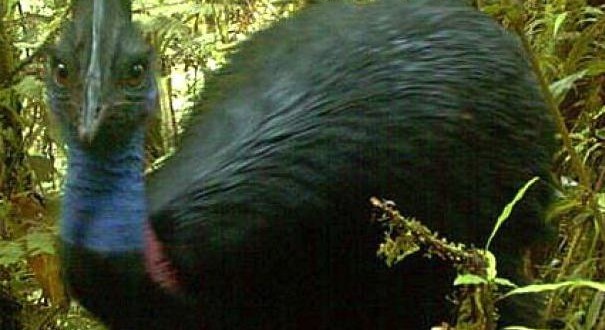One of Australia’s first crowd-funded scientific expeditions may have uncovered several new species of mammal.
An ecologist from Melbourne raised $A20 thousand to document rare animals in remote Papua New Guinea.
It was hoped the camera traps purchased with the funding might capture the first images of critically endangered tree kangaroos in the wild.
“We certainly got an image of what we think is a new species of sort of small kangaroo, dorcopsulus wallaby. Think small dog-size wallaby if you like,” Ritchie told the ABC.
“There’s also things like bandicoots and rodents that don’t appear to be in any of the books that we know about.
“To actually confirm that of course we’ll have to go back there one day and actually catch these animals and get them in the hand and take measurements and DNA samples, so that’s for further down the track,” said the scientist.
“But there’s a whole range of species that are almost certain to be new to science and that are also new to that region.”
Ritchie said PNG’s forests were rich with wildlife and home to hundreds of new species.
“There’s a whole range, probably hundreds and hundreds of species, not just in mammals but the birds, the insects, all sorts of species that are probably unknown to western science,” he said.
“We’ve really got to preserve those habitats because they’re really valuable.”
Agencies/Canadajournal
 Canada Journal – News of the World Articles and videos to bring you the biggest Canadian news stories from across the country every day
Canada Journal – News of the World Articles and videos to bring you the biggest Canadian news stories from across the country every day



